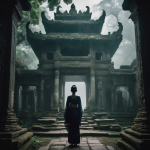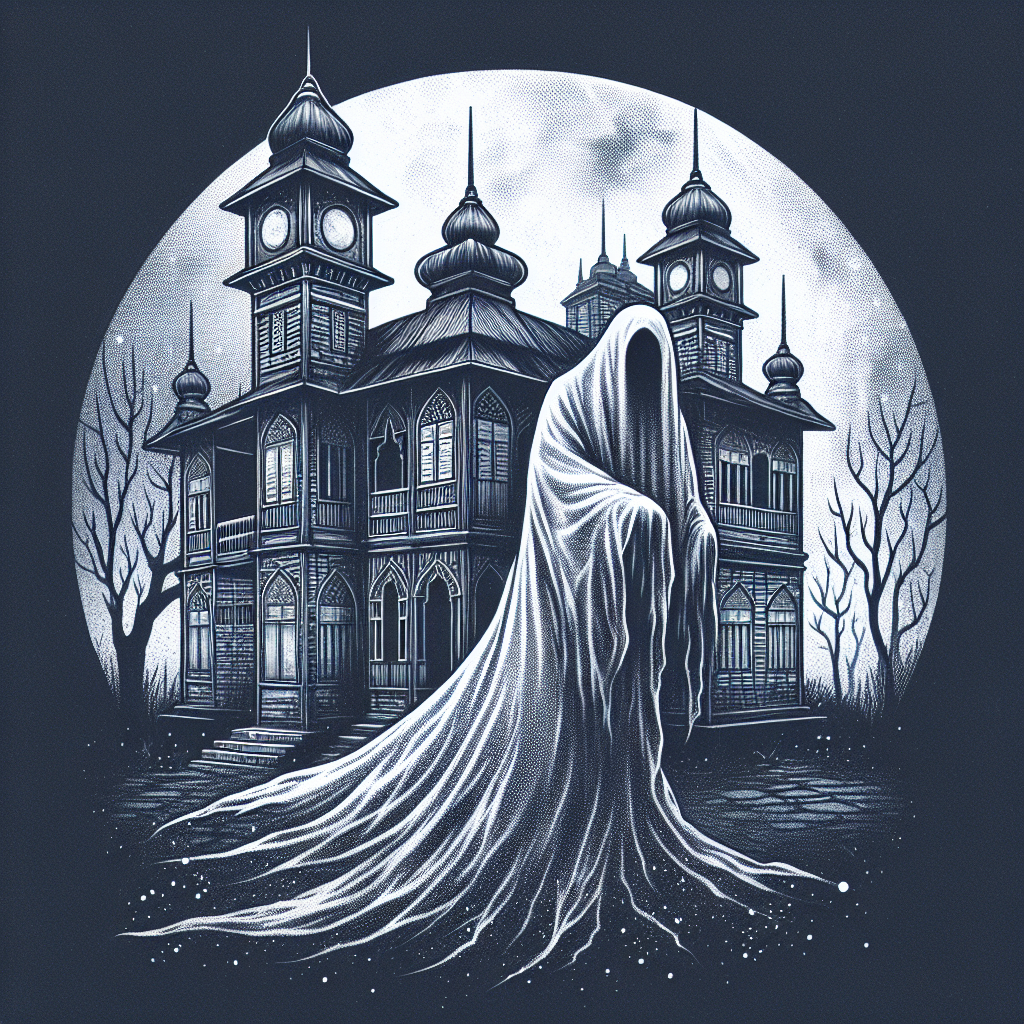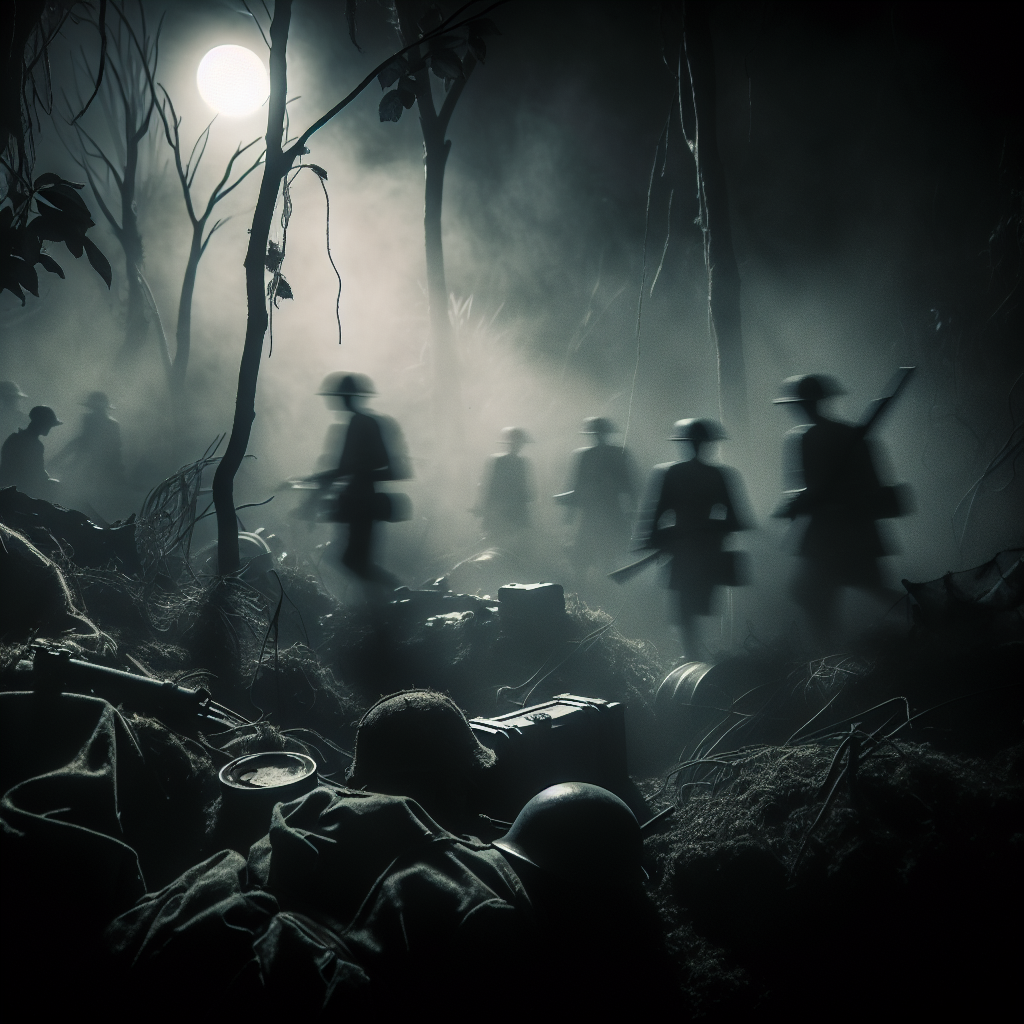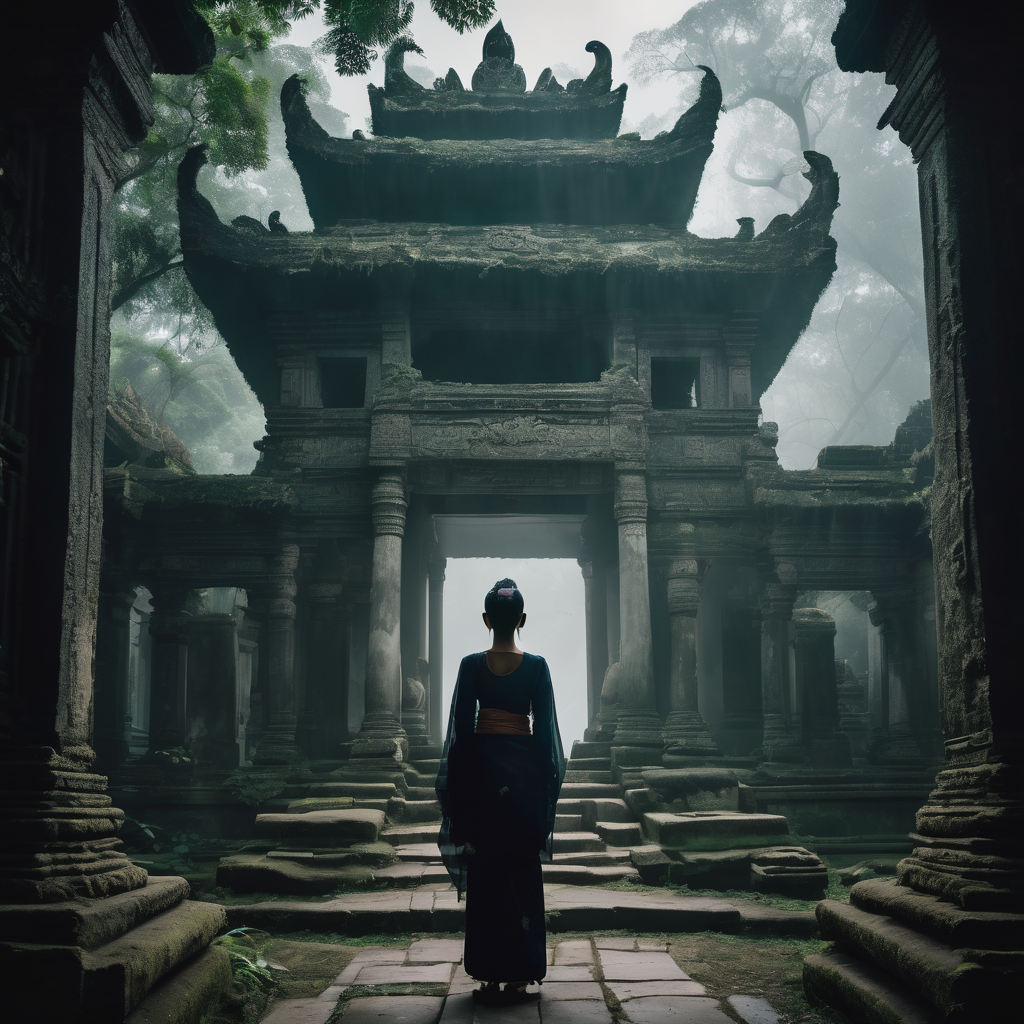The night fell heavily over Batu Gajah, cloaking the landscape in darkness and mystery. I had always been intrigued by the stories of Hantu Jepun, the restless spirits of Japanese soldiers who wandered the hills of Malaysia, victims of the chaos wrought during World War II. These stories, steeped in history and folklore, were passed down through generations, whispered among friends and family, each recounting adding depth to the haunting legacy that loomed over our land.
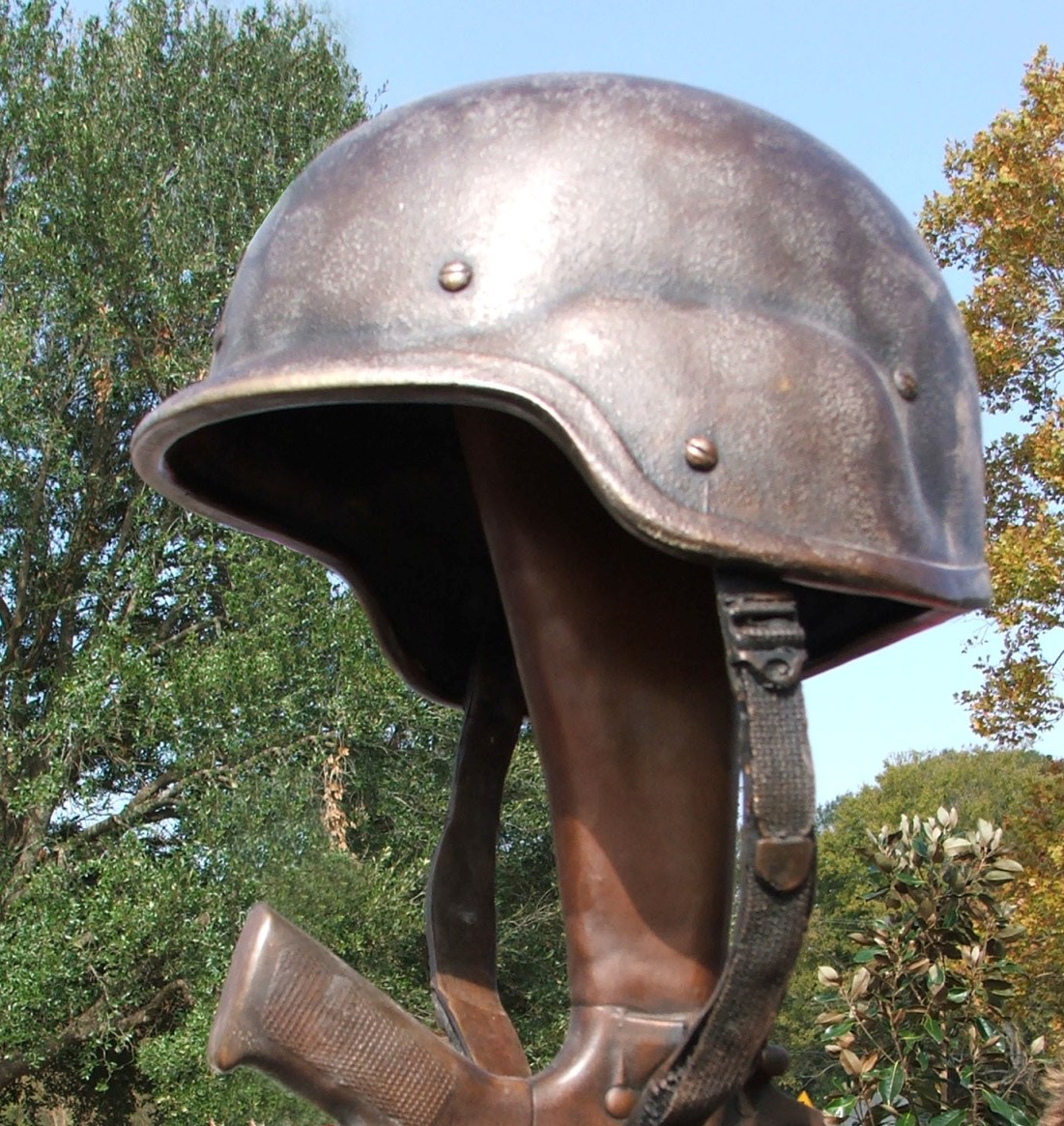
Batu Gajah was not just a name on a map; it was a site woven with tales of sorrow and valor. During the Japanese occupation, fierce battles had raged here, and many lives were tragically lost. As I stood at the edge of the site, the remnants of war lingered—war-torn buildings, overgrown paths, and the eerie stillness that wrapped around me like a shroud. I could almost hear the echoes of those tumultuous times, the cries of the fallen mingling with the rustling leaves, a poignant reminder of the past.

Despite my initial curiosity, apprehension crept in as dusk settled around me. I felt an inexplicable chill in the air, one that made the hairs on the back of my neck stand tall. As night crept deeper, shadows danced on the periphery of my vision. I could swear I heard soft whispers, the unsettling sound of boots marching through the underbrush, reminiscent of soldiers long gone. My heart raced, each beat like a hammer against my chest, as I stepped further into the chilling silence, drawn by an unknown force.
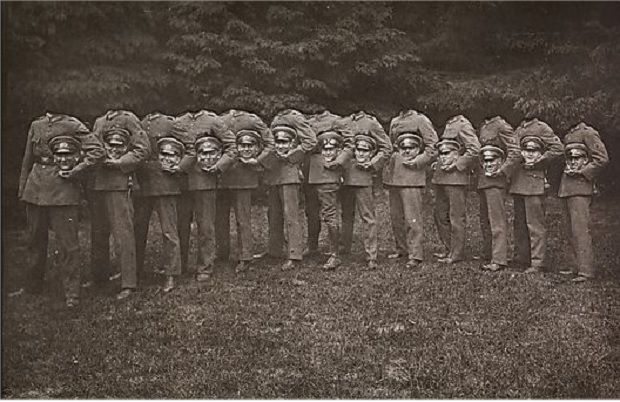
Then, suddenly, it happened. The atmosphere thickened, and I was no longer alone. Figures began to emerge from the shadows, clad in tattered uniforms, their faces obscured yet full of sorrow. The air stilled, and an overwhelming dread filled my veins as I watched them march in silence, their presence both terrifying and tragically beautiful. My breath quickened, panic setting in as I stumbled backward, feeling the weight of their anguish. I was witnessing a moment from history that refused to fade, a solemn march of the spirits anchored to the earth by their unfulfilled destinies.
In a frantic attempt to escape, I collided with something solid—a weathered soldier’s helmet, half-buried in the earth. As I picked it up, a rush of energy enveloped me. Visions flooded my mind. I saw a soldier, young and scared, his eyes filled with the same bewilderment I felt. He was reaching for something, perhaps redemption, an escape from the horrors of war. This revelation connected me to him, and for a brief moment, I understood the weight of his struggle. The haunting presence around me morphed from terrifying to painfully poignant, as I grasped the depth of their sorrow—spirits not only searching for peace but yearning to share their story.
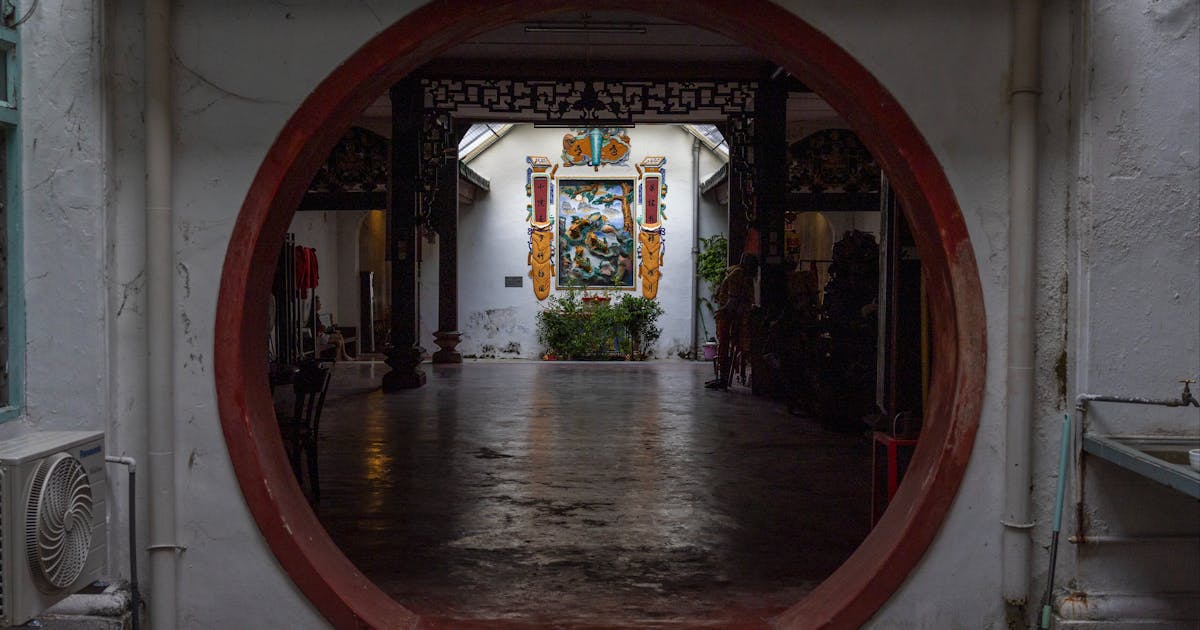
With newfound empathy, I stumbled back, the weight of the soldier’s legacy heavy in my heart. The apparitions faded, their whispers now a soft lullaby echoing in my ears. I emerged from Batu Gajah, the night sky brighter now, illuminated by the stars that had witnessed countless stories before mine. I returned not just as a visitor, but as a keeper of their story, understanding that the sacrifices of the past must be remembered and respected. The legacy of Hantu Jepun wasn’t just about fear; it was a reminder that history lives on, shaping our present and future.
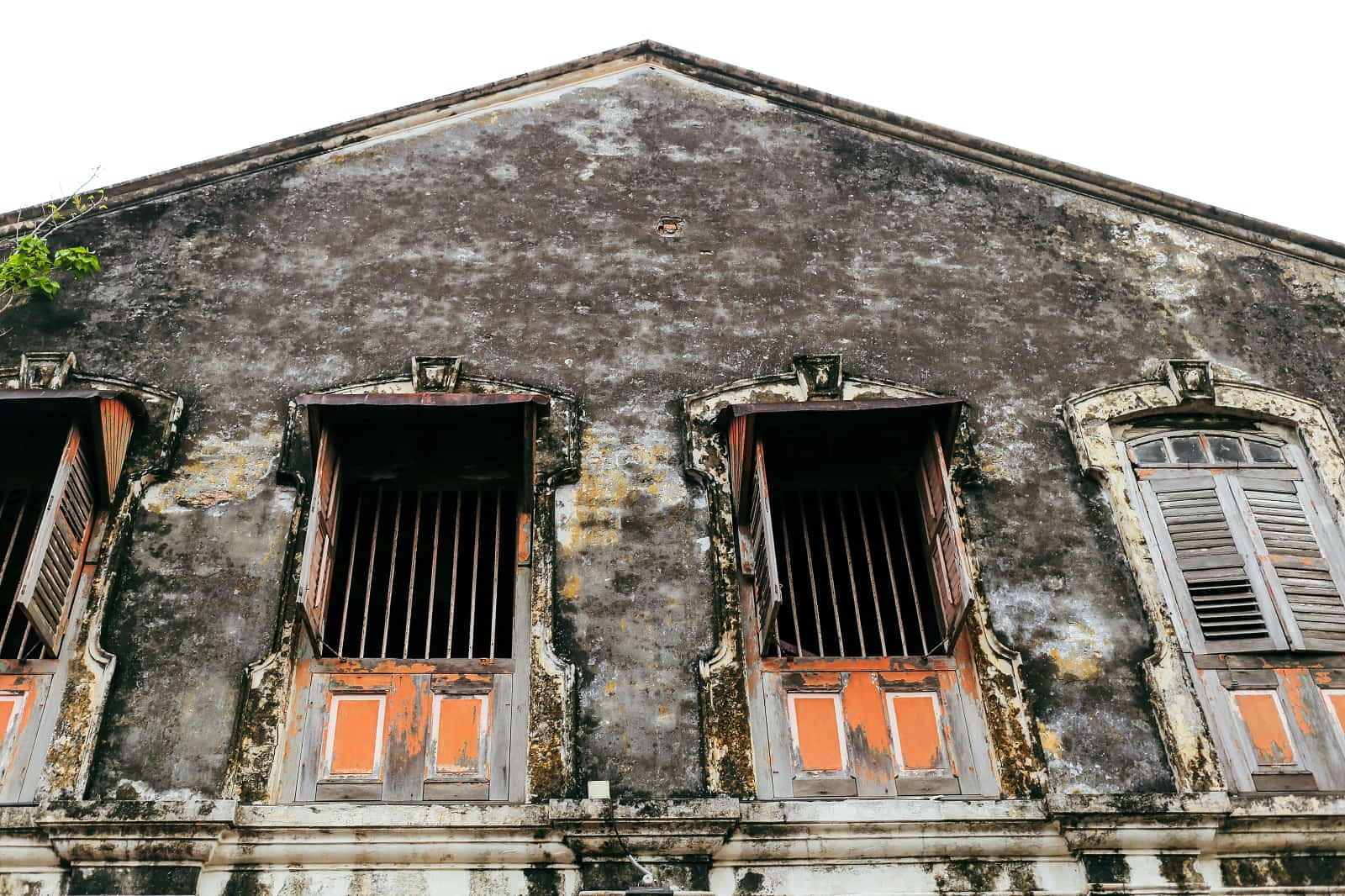
In contemporary Malaysia, the tale of Hantu Jepun continues to resonate deeply, binding locals and tourists with threads of shared history. It serves as a beacon, reminding us of the thicker shadows that existed before us, urging us to honor those who lost their lives in battles now fading from memory. The haunting tales of Hantu Jepun are not mere ghost stories; they are vital narratives that connect us to our past—ghosts of history eager to be remembered and honored.
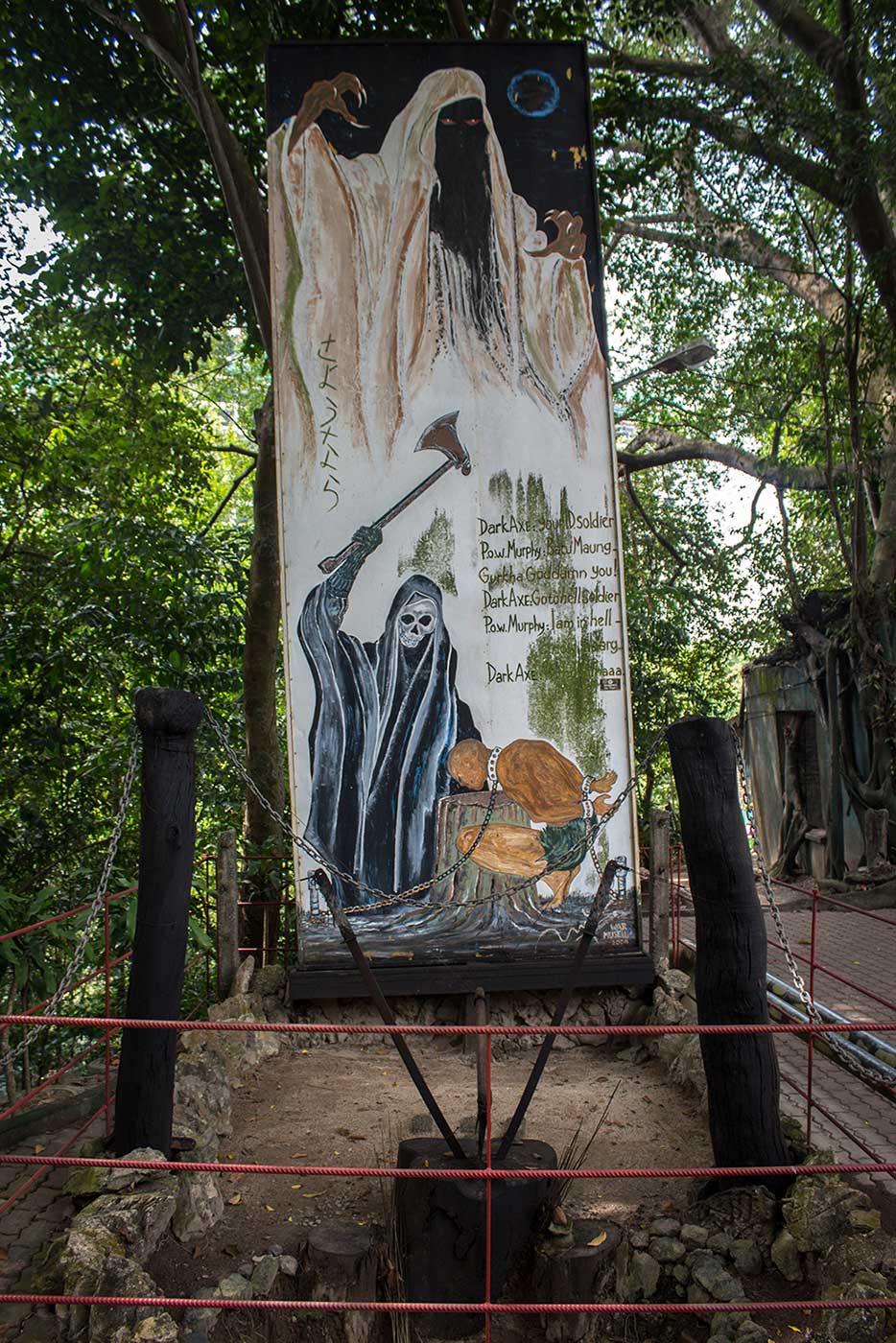
Horror Level:
4 / 5
References:
Hantu Jepun: One of Many Mysterious Military Spirits – link
Historical Backstory of Hantu Jepun – link
Ghosts in Malaysia: The Japanese Ghosts – link
Ghostly Encounters During the Japanese Occupation – link
Memories of Hantu Jepun: Historical Context – link
Penang War Museum: Remembering Hantu Jepun – link
Categories: Ghost Stories, Ghost Stories, Historical Narratives, Paranormal Research
Tags: Batu Gajah, ghost stories, Hantu Jepun, historical spirits, Japanese Occupation, Malaysia, war legacy
Religion: Buddhism, Shinto
Country of Origin: Malaysia
Topic: Ghost Stories and Historical Narratives
Ethnicity: Japanese, Malay
